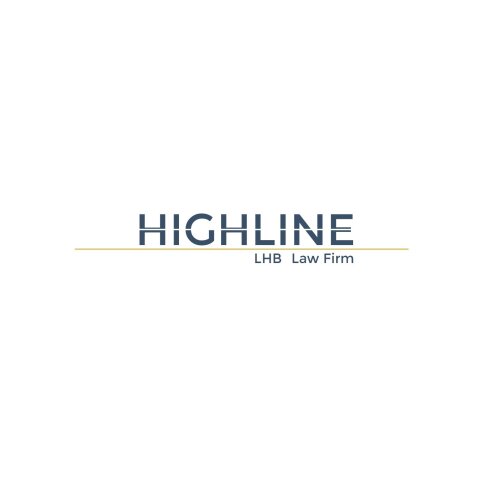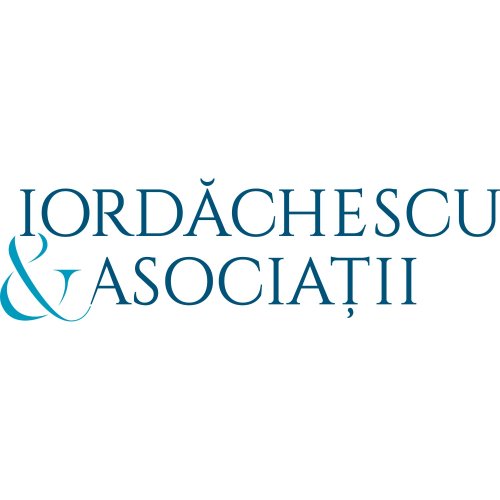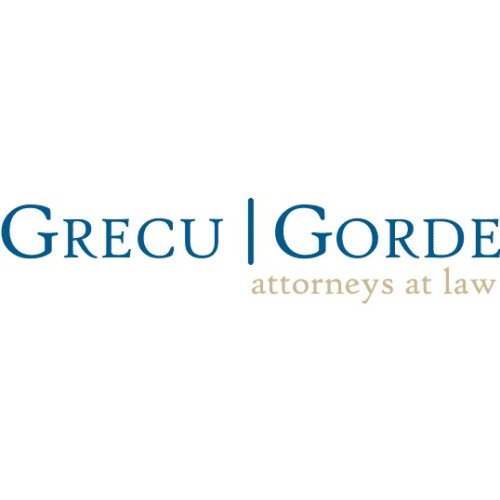Best Native People Lawyers in Cluj-Napoca
Share your needs with us, get contacted by law firms.
Free. Takes 2 min.
List of the best lawyers in Cluj-Napoca, Romania
About Native People Law in Cluj-Napoca, Romania
In Cluj-Napoca, Romania, the legal framework concerning Native People aims to protect and promote the rights and interests of indigenous communities residing in the region. The term "Native People" refers to those who have historical ties to the territory, ancestral lands, and resources in Cluj-Napoca. This guide will provide valuable insights into the legal aspects related to Native People and offer guidance on seeking legal assistance in such matters.
Why You May Need a Lawyer
There are various situations where it may be beneficial to seek legal assistance regarding Native People in Cluj-Napoca. Some common scenarios include:
- Land and resource rights disputes
- Cultural heritage preservation and protection
- Negotiating with authorities or businesses regarding development projects
- Employment discrimination or unequal treatment
- Violations of indigenous rights
Local Laws Overview
Cluj-Napoca has implemented specific laws and regulations to address the concerns of Native People. Key aspects of the local laws that are particularly relevant to Native People include:
- Recognition of indigenous land rights and rights to natural resources
- Protection of cultural heritage and indigenous knowledge
- Right to participate in decision-making processes that affect indigenous communities
- Prohibition of discrimination and promotion of equal opportunities
- Special provisions for the preservation of indigenous languages and traditions
Frequently Asked Questions
1. What steps can I take to protect my land rights as a Native Person?
To protect your land rights, it is important to gather evidence of your historical ties to the territory. Document traditional land use, occupancy, and any relevant agreements or treaties. Seek legal advice to understand your rights and explore avenues such as land registration or negotiation with local authorities.
2. What should I do if my cultural heritage is at risk of being destroyed or exploited?
If your cultural heritage is under threat, consult a lawyer specializing in indigenous rights. They can help you understand the legal protections in place and guide you through processes such as filing complaints, obtaining injunctions, or negotiating cultural preservation agreements.
3. Can I be discriminated against based on my indigenous background?
No, discrimination based on indigenous background is prohibited by law. If you believe you have experienced discrimination, gather evidence and report the incident to the appropriate authorities. Seek legal advice to understand your rights and explore options for redress.
4. How can I ensure my voice is heard in decisions that affect my indigenous community?
You have the right to participate in decision-making processes that affect your community. Stay informed about upcoming projects or policies, engage in consultations, and form alliances with other indigenous organizations. Legal experts can provide guidance on how to effectively advocate for your rights and interests.
5. Are there any financial resources available to support legal representation for Native People?
In some cases, there may be financial resources available to support legal representation for Native People. Reach out to local indigenous organizations, legal aid clinics, or human rights NGOs to inquire about potential funding opportunities. They can provide information on scholarships, grants, or pro bono legal services.
Additional Resources
If you need legal advice or further assistance regarding Native People in Cluj-Napoca, consider reaching out to the following resources:
- Cluj-Napoca Indigenous Rights Association: A local organization specializing in indigenous rights and providing legal support.
- Cluj-Napoca Human Rights Commission: An impartial governmental body that promotes and protects human rights, including those of indigenous communities.
- National Institute for Indigenous Peoples: A national institution providing legal and informational support to indigenous communities.
Next Steps
If you require legal assistance regarding Native People in Cluj-Napoca, consider taking the following steps:
- Educate yourself: Research the laws and regulations relevant to Native People and their rights in Cluj-Napoca.
- Consult a specialized lawyer: Seek legal advice from a lawyer experienced in indigenous rights and familiar with local regulations.
- Gather evidence: Collect any pertinent documentation related to your case, including land records, agreements, or incident reports.
- Contact relevant organizations: Reach out to local indigenous rights associations or governmental bodies to inquire about available support.
- Take action: Depending on your situation, your lawyer will guide you on the appropriate legal actions to protect your rights and interests as a Native Person.
Lawzana helps you find the best lawyers and law firms in Cluj-Napoca through a curated and pre-screened list of qualified legal professionals. Our platform offers rankings and detailed profiles of attorneys and law firms, allowing you to compare based on practice areas, including Native People, experience, and client feedback.
Each profile includes a description of the firm's areas of practice, client reviews, team members and partners, year of establishment, spoken languages, office locations, contact information, social media presence, and any published articles or resources. Most firms on our platform speak English and are experienced in both local and international legal matters.
Get a quote from top-rated law firms in Cluj-Napoca, Romania — quickly, securely, and without unnecessary hassle.
Disclaimer:
The information provided on this page is for general informational purposes only and does not constitute legal advice. While we strive to ensure the accuracy and relevance of the content, legal information may change over time, and interpretations of the law can vary. You should always consult with a qualified legal professional for advice specific to your situation.
We disclaim all liability for actions taken or not taken based on the content of this page. If you believe any information is incorrect or outdated, please contact us, and we will review and update it where appropriate.










